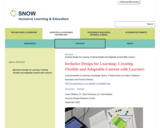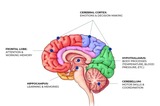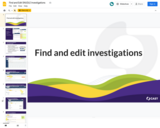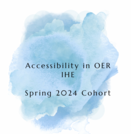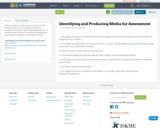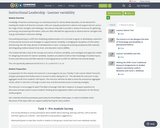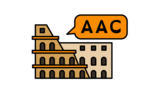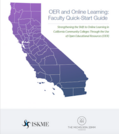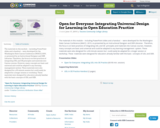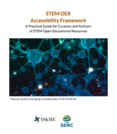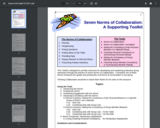Welcome to the Open Pedagogy Student Toolkit! The goal of this toolkit is to provide you, the student, a self-paced resource that will guide you through the ins and outs of open pedagogy, including defining open pedagogy, the benefits of open pedagogy, and student creator rights.
How To Use This Toolkit
For Students: If this is your first time in a class that uses open pedagogy we are excited for you! Your instructor is working towards creating a more equitable and engaging environment for you to learn in, and this is an opportunity to take agency over your own educational experience. We hope this toolkit will provide the support you need to understand not only why your instructor is incorporating open pedagogy into your class, but also the benefits of open pedagogy, and your rights and responsibilities as a creator.
The toolkit is broken down into two parts: What is Open Pedagogy? and So You're the Creator, Now What? The first part will introduce you to open pedagogy, its benefits, and some examples you might experience in your class. The second part focuses on the more logistical side of open pedagogy: your rights and responsibilities as a creator and how to exercise those rights and responsibilities.
Your instructor might assign just a few chapters and sections of this toolkit to further build your knowledge on open pedagogy, or you might be asked to go through the whole toolkit at your own pace.
For Instructors: If this is the first time you are incorporating open pedagogy and renewable assignments into your class, congratulations! You are working towards creating a more equitable and engaging environment for you students to learn in and to take agency in their own education. With that said, there is a lot to think about to ensure that your students get the most out of their experience in your class. This toolkit is a resource to provide additional context, background, and scaffolding for your students on the basics of open pedagogy, the benefits of open pedagogy, and student creator rights and responsibilities.
The toolkit is broken down into two parts: What is Open Pedagogy? and So You're the Creator, Now What? The first part will introduce your students to open pedagogy, its benefits, and some examples they might experience in your class. The second part focuses on the more logistical side of open pedagogy: student creator rights and responsibilities and how they can exercise those rights and responsibilities.
You can adapt any section of this toolkit for your class, or use it as a whole to give your students a self-paced guide.


